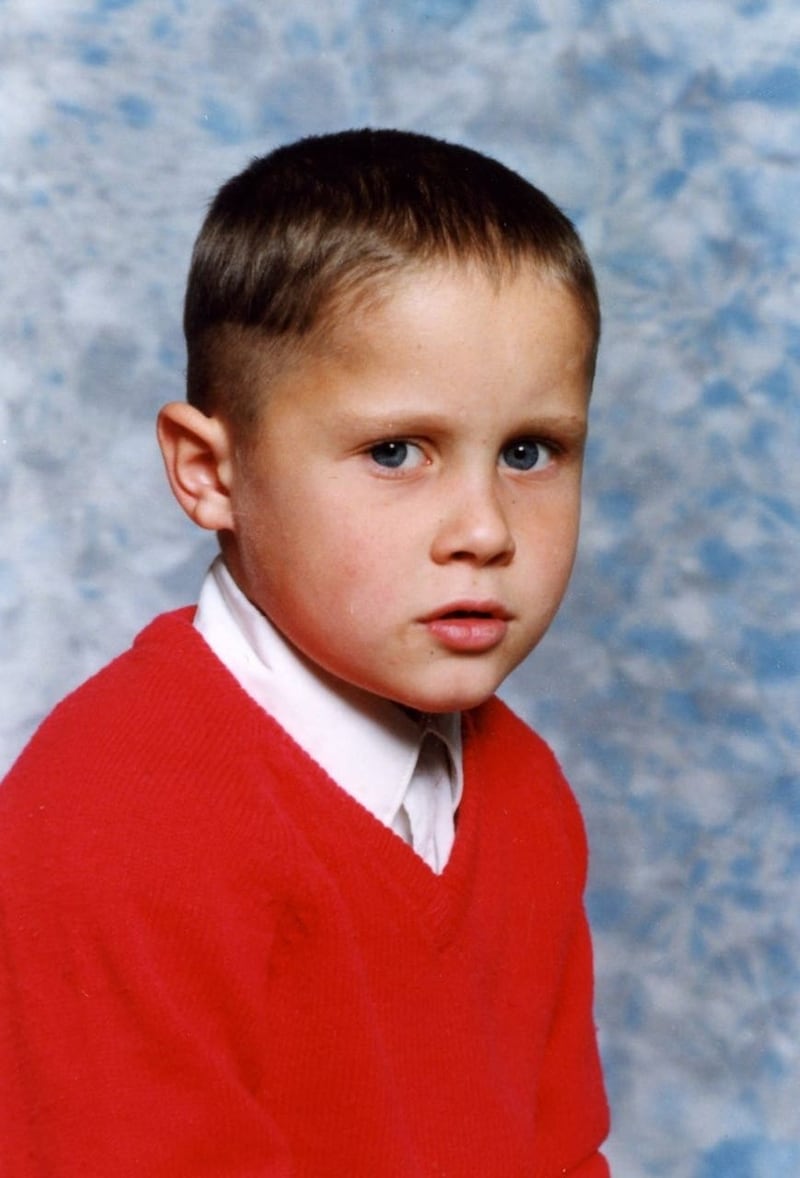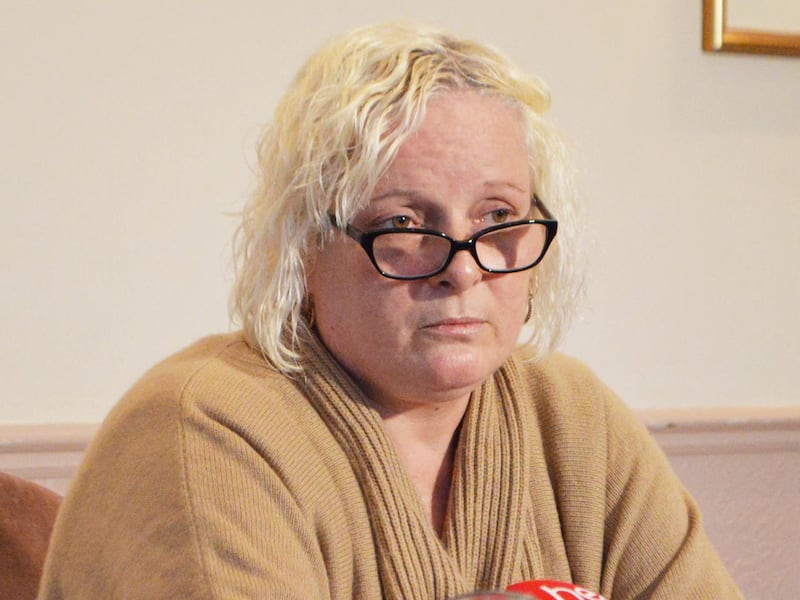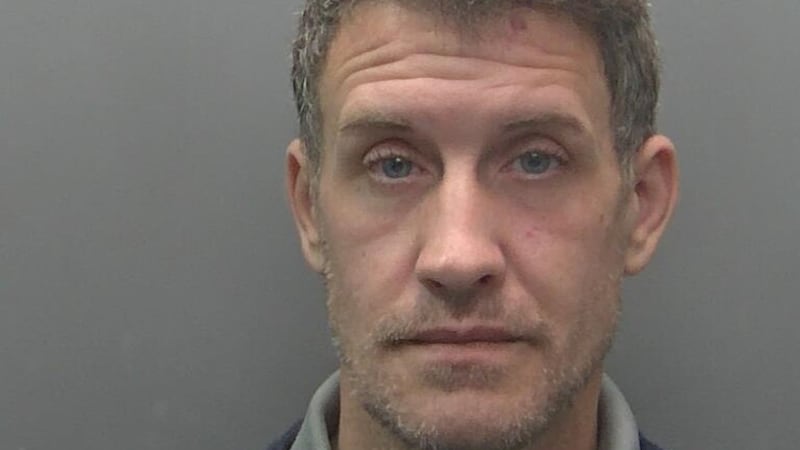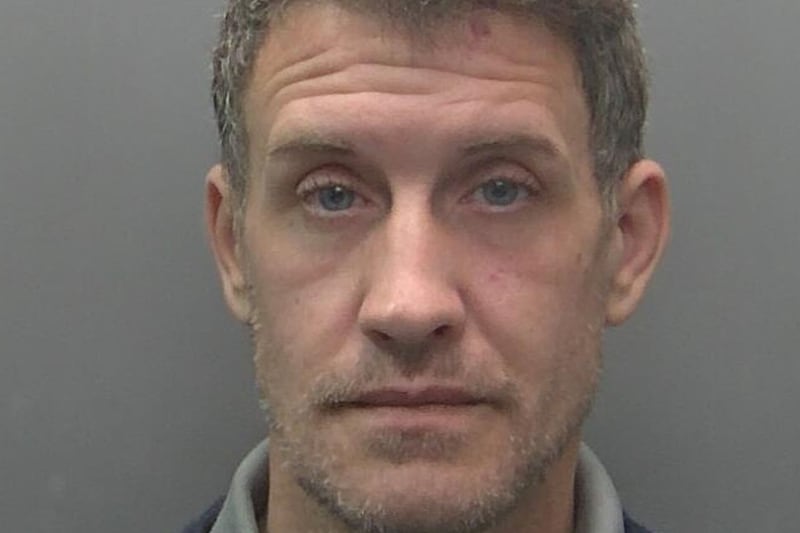A 42-year-old man given a life sentence after being found guilty of murdering a six-year-old boy nearly 30 years ago has lost an appeal.
Following a trial at the Old Bailey, James Watson was handed a minimum jail term of 15 years in June 2022 after being convicted of killing Rikki Neave.
Trial judge Mrs Justice McGowan said the law meant Watson, who was 13 when Rikki was found strangled in woods near his Peterborough home in November 1994, had to be handed a minimum term relevant to his age at the time of the offence.

Watson challenged his conviction at a Court of Appeal hearing in London in June.
Three appeal judges – Lord Justice Holroyde, Mr Justice Morris and Judge Angela Morris – on Monday said his appeal has failed and “must accordingly be dismissed”.
Rikki’s mother, Ruth Neave, was found not guilty of the boy’s murder following a trial at Northampton Crown Court in 1996 – although she was given a seven-year jail term after admitting child cruelty.
Watson, who denied murder, was charged after a police cold case review produced a DNA match eight years ago.
The Crown Prosecution Service said a “key piece” of evidence against Watson was “DNA he left” on Rikki’s clothes.
Prosecutors said samples from clothes were taken in 1994 but technology was not “sufficiently advanced” to provide a DNA match until 2015.
Watson told police he lifted Rikki up so the youngster could see over a fence, prosecutors said.

A barrister leading Watson’s legal team told the appeal hearing a “wholesale loss and destruction of evidence” meant a fair trial was impossible.
Jennifer Dempster KC said there had been a “total disregard” towards preserving exhibits in the case.
“The reality we submit was that this was a wholesale loss and destruction of evidence, so much so that a fair trial of this applicant is no longer possible,” she told the appeal hearing.
“It closed down completely any opportunity for the defence to explore the potential of other suspects.”
John Price KC, for the Crown, told appeal judges there was no evidence Watson’s case had been affected.
He said: “The applicant failed to demonstrate that there was any prejudice caused to him by the loss of the material that has been identified.
“If there was… we do not accept that it was not capable of being ameliorated in the usual way.”
Lord Justice Holroyde said in a written ruling that lawyers representing Watson had argued that his prosecution was an “abuse” of process because the “unavailability of important exhibits meant that it was impossible for him to have a fair trial”.
He said Watson’s lawyers had also complained about the trial judge allowing “bad character” evidence to be considered by jurors.
Lord Justice Holroyde said prosecutors had “applied to adduce” evidence showing that Watson had a sexual interest in young boys and in strangulation.
He said the trial judge had held that it was “open to the jury to find that the killing had a sexual element”.
“We are… satisfied that the judge was correct to find that the appellant could and would have a fair trial,” added Lord Justice Holroyde.
“We are satisfied that the judge did not err in admitting the bad character evidence.
“The weight to be given to the evidence was then a matter for the jury.”








